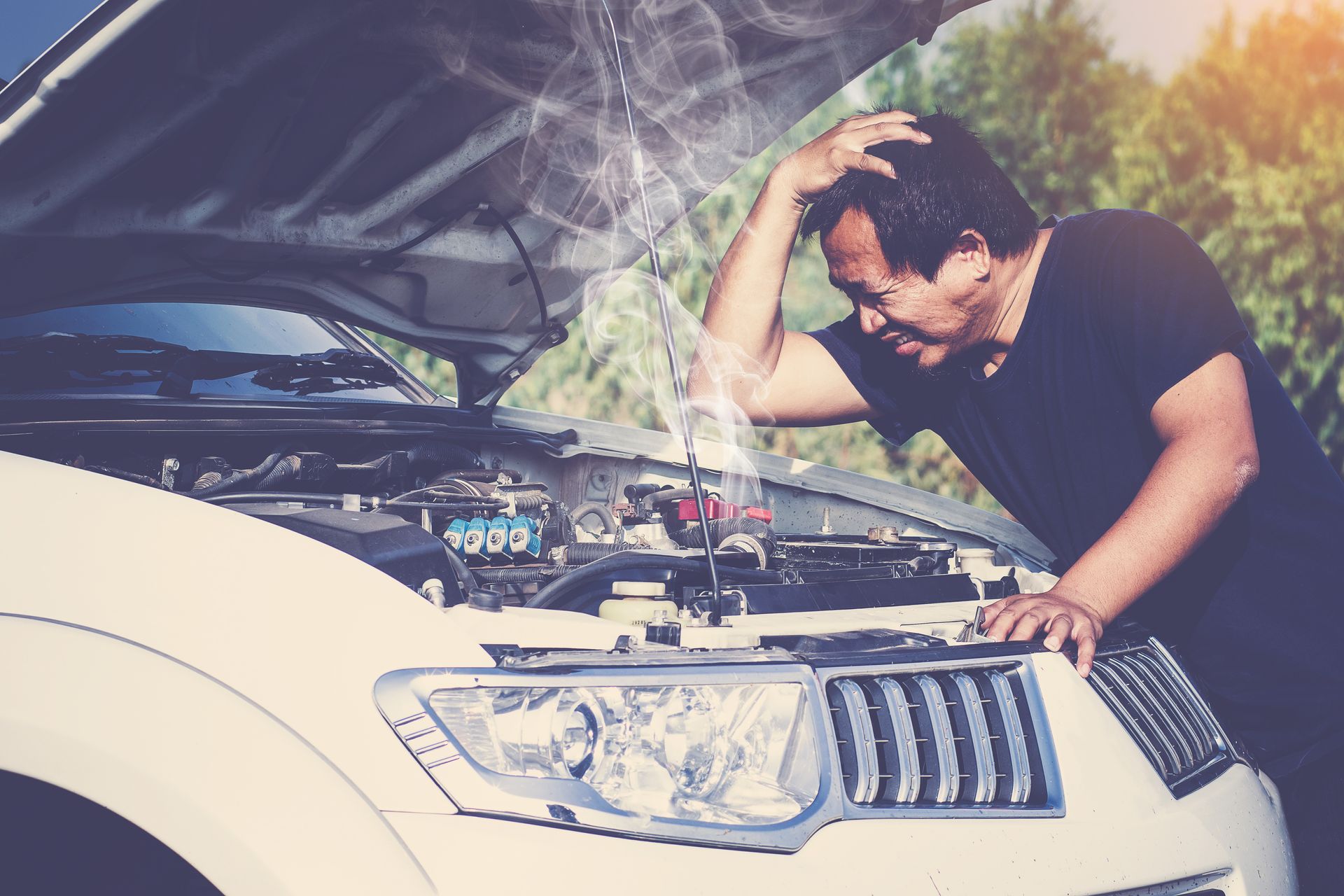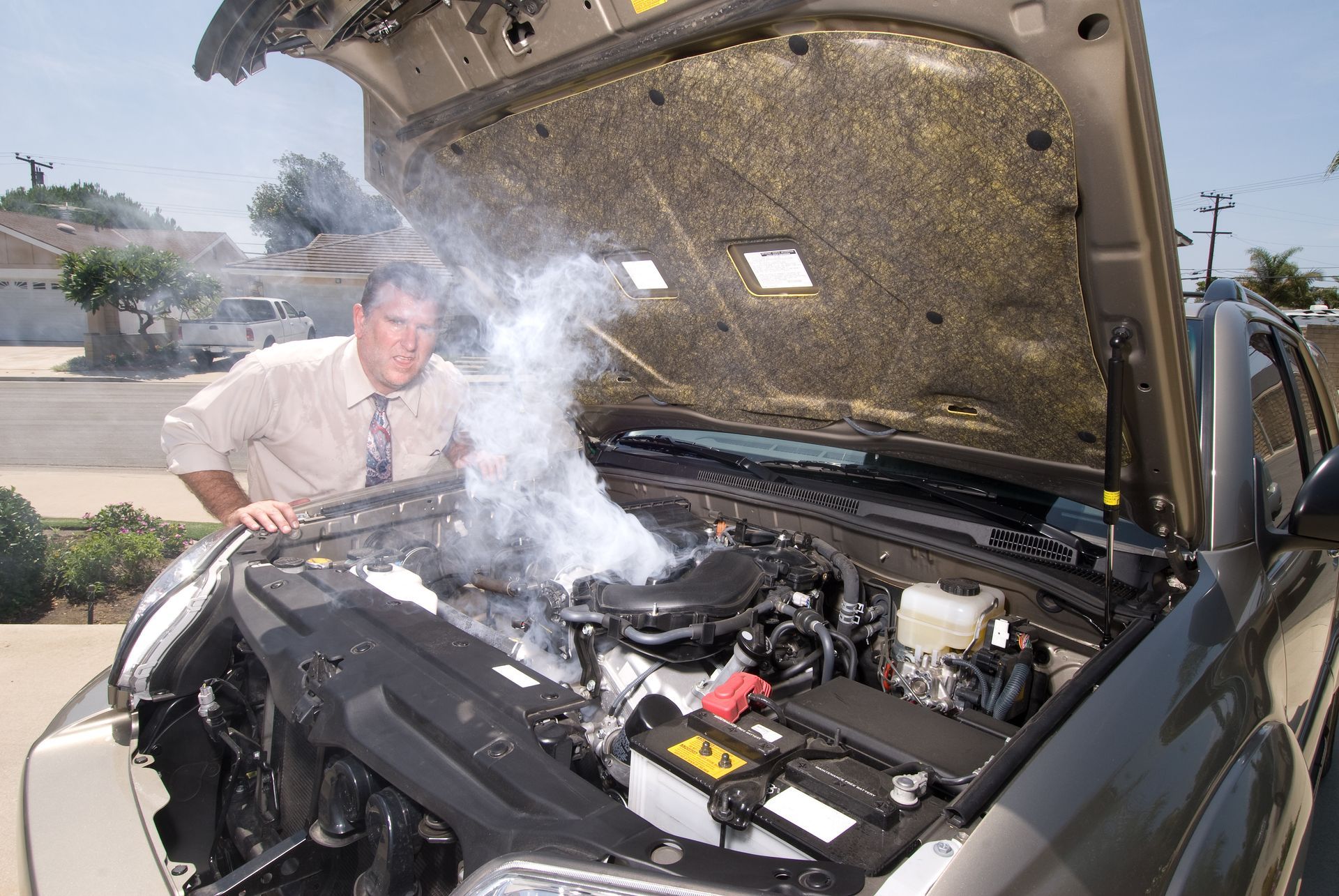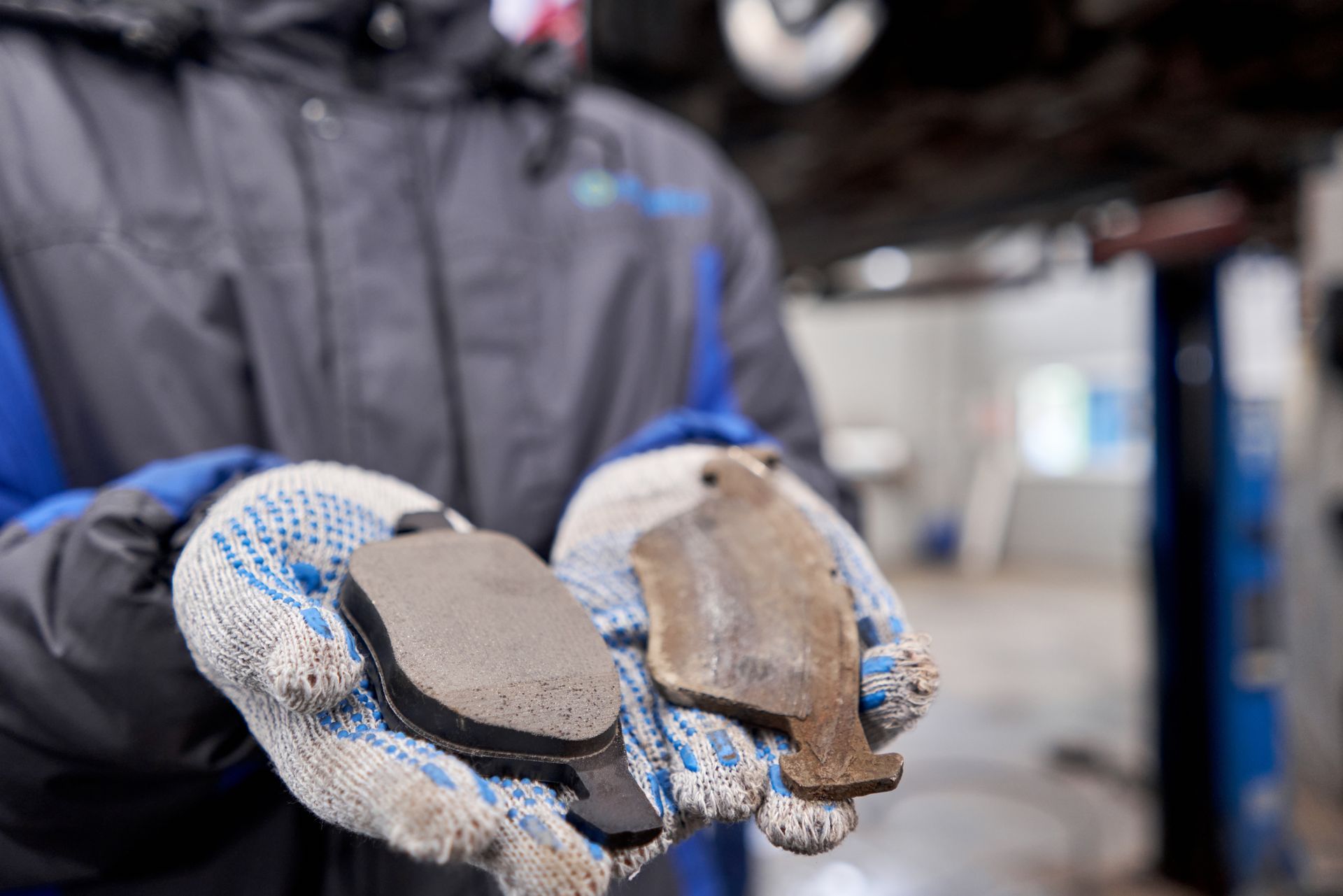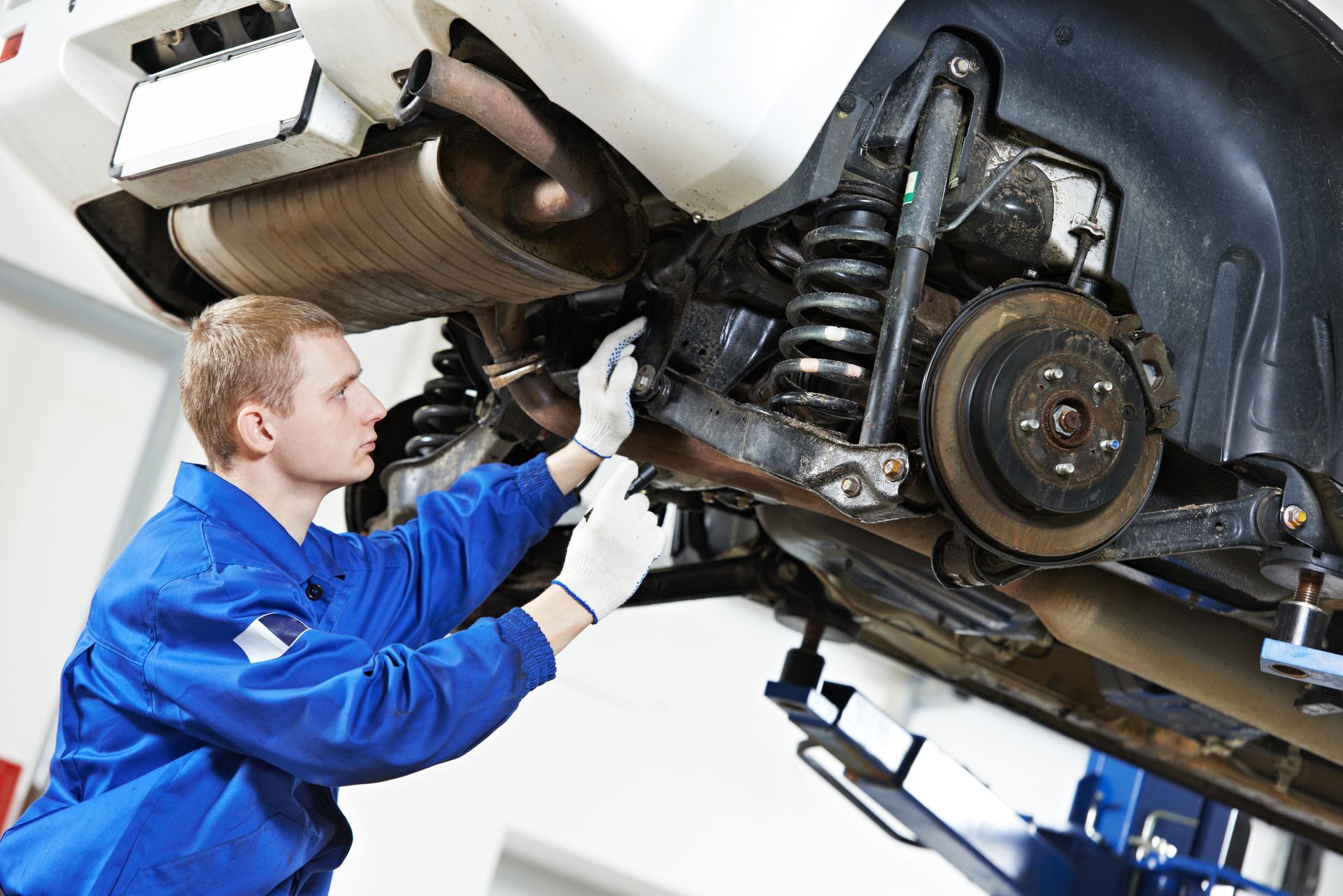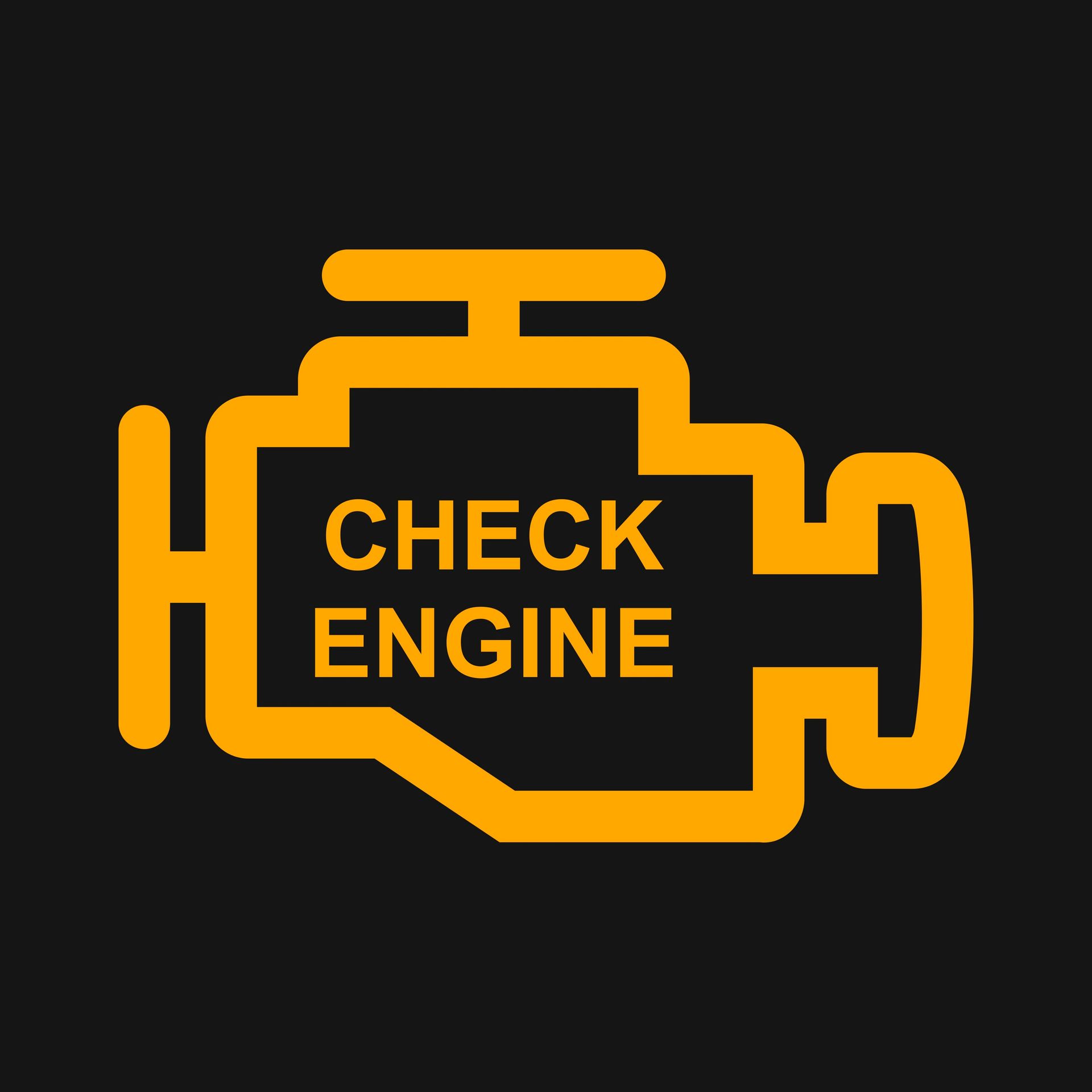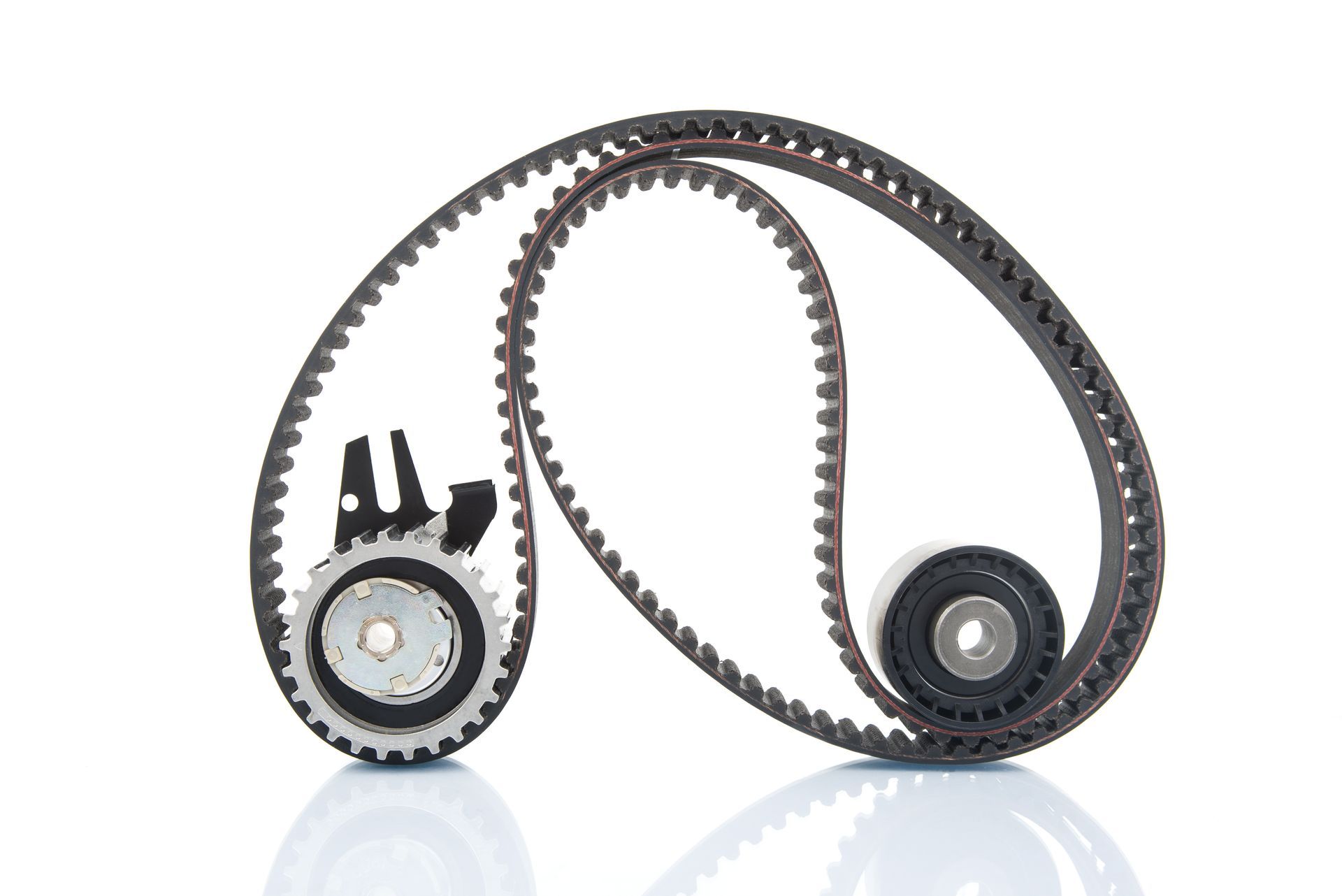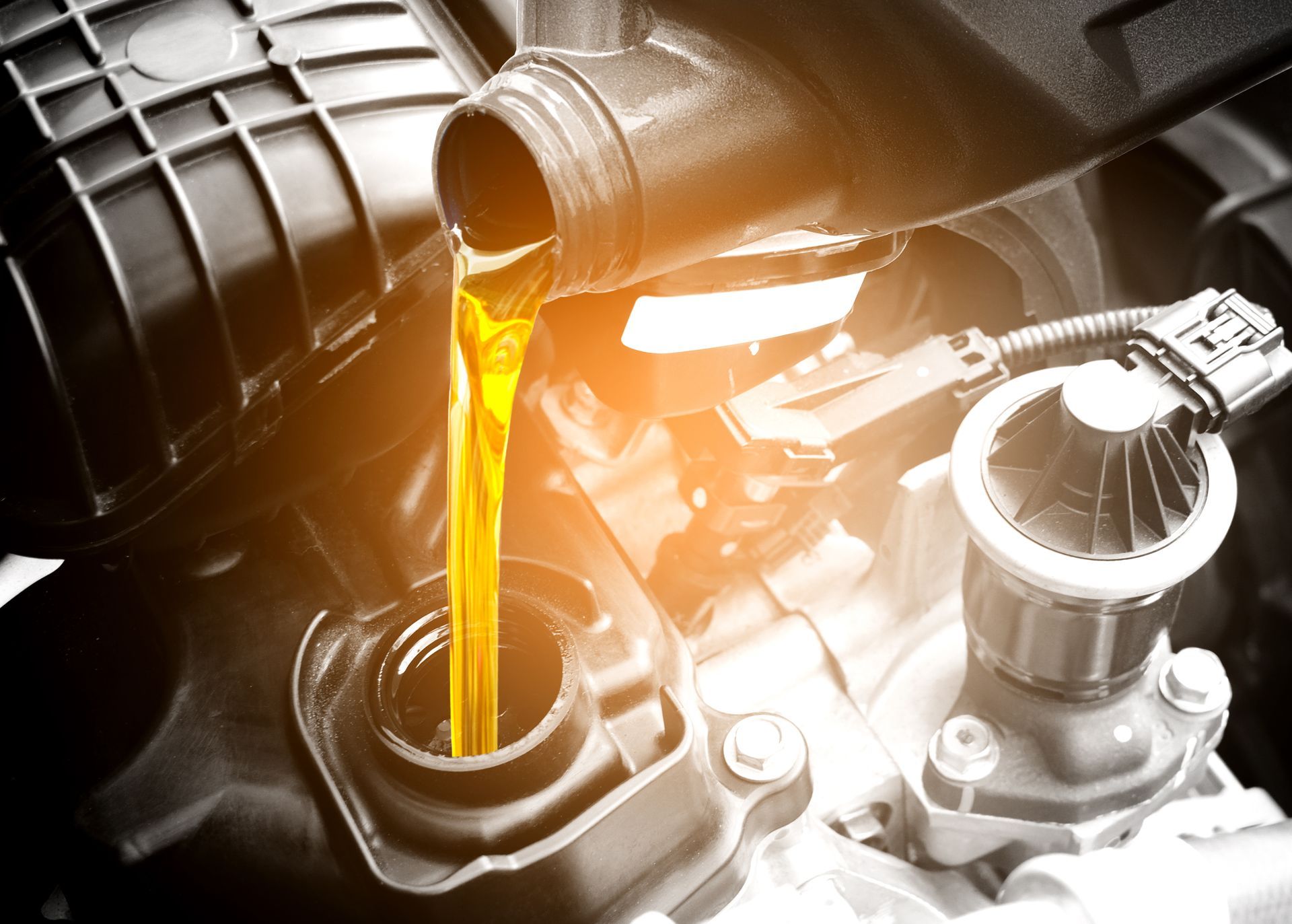Living near the coast offers many advantages—beautiful views, fresh ocean air, and access to relaxing beaches. However, while the coastal lifestyle is great for people, it can be tough on cars. Vehicles in coastal areas face unique challenges due to salt exposure, humidity, and sand, all of which can cause premature wear and tear. Without proper maintenance, these environmental factors can lead to rust, corrosion, and performance issues that shorten the lifespan of your vehicle.
Regular upkeep is necessary for any car, but if you live near the ocean, taking extra precautions can save you from expensive repairs down the road. Let’s explore the biggest threats coastal environments pose to your car and how to protect it.
How Salt Air Affects Your Car
Salt in the air is one of the biggest concerns for coastal vehicle owners. Unlike in landlocked areas, where cars mostly deal with rain and road dust, coastal vehicles are constantly exposed to salt particles carried by the ocean breeze. These particles settle on the car’s exterior, undercarriage, and metal components, accelerating the corrosion process.
Salt acts as a catalyst for rust, which can eat away at the car’s frame, brake lines, and exhaust system. Even small areas of exposed metal—like minor paint chips or scratches—can quickly develop rust if left untreated. Once rust starts to spread, it can be difficult and costly to remove.
Regular washing is key to combating salt-related damage. Rinsing your car with fresh water at least once a week helps remove salt buildup and prevent corrosion. For added protection, applying a wax coating every few months can help shield your car’s paint from the elements.
The Impact of Humidity on Your Car’s Performance
Coastal areas often have high humidity levels, which can affect more than just your car’s appearance. Excess moisture in the air increases the risk of electrical issues, engine problems, and mold growth in the interior.
Electrical components, including the battery, wiring, and connectors, are particularly vulnerable to corrosion in humid environments. If moisture seeps into the electrical system, it can cause erratic performance, short circuits, or even complete failure of essential systems like the ignition and lights.
The interior of the car is also at risk. Trapped moisture can lead to mildew and mold buildup in carpets, seats, and air vents, creating unpleasant odors and potential health risks. Using moisture absorbers inside the car and keeping the ventilation system clean can help reduce the effects of humidity.
Increased Wear on Brakes and Suspension
Coastal roads can be rough on a car’s braking and suspension systems, largely due to sand, salt, and uneven road surfaces. Sand and moisture can work their way into the brake calipers, rotors, and pads, leading to faster wear. If your brakes start feeling spongy or you hear grinding noises, it’s a sign they need attention.
The suspension system also takes a hit from the constant exposure to salty air and humidity. Rubber bushings, ball joints, and shocks can wear out faster, leading to a rougher ride and poor handling. Regular brake and suspension inspections can help identify early signs of damage and prevent costly replacements.
Protecting Your Car’s Paint and Exterior
Your car’s paint and body panels are the first line of defense against salt and sand, but without proper care, they can deteriorate quickly.
How to Protect Your Car’s Exterior:
- Wash it regularly – Rinse off salt, sand, and dirt at least once a week.
- Apply wax or paint sealant – This adds a protective barrier against the elements.
- Check for scratches or paint chips – Even small exposed areas can rust quickly.
- Use undercoating protection – This prevents rust from forming on the undercarriage.
For drivers in Coral Springs, FL, where cars are frequently exposed to salty air and humidity, taking these extra steps can make a big difference in maintaining the vehicle’s appearance and longevity.
How to Keep Your Car in Top Shape Near the Coast
Owning a car in a coastal city requires a proactive approach to maintenance. Here are some key tips to keep your vehicle in great condition:
- Schedule routine inspections – Have a professional check your car for early signs of rust, corrosion, and wear on essential parts.
- Keep an eye on the battery – Coastal humidity can shorten battery life, so regular testing is recommended.
- Use moisture absorbers inside the car – Prevent mold and mildew from forming in humid conditions.
- Store your car in a garage or covered area – If possible, park your car in a shaded or enclosed space to limit exposure to salt air.
By staying ahead of maintenance, you can extend the life of your car and prevent costly repairs. Whether it’s regular washes, protective coatings, or professional inspections, these small efforts add up to big savings in the long run.
Living near the coast? Protect your car from salt damage with expert maintenance at
Triple J Automotive in Coral Springs, FL. Call today to schedule an inspection!


